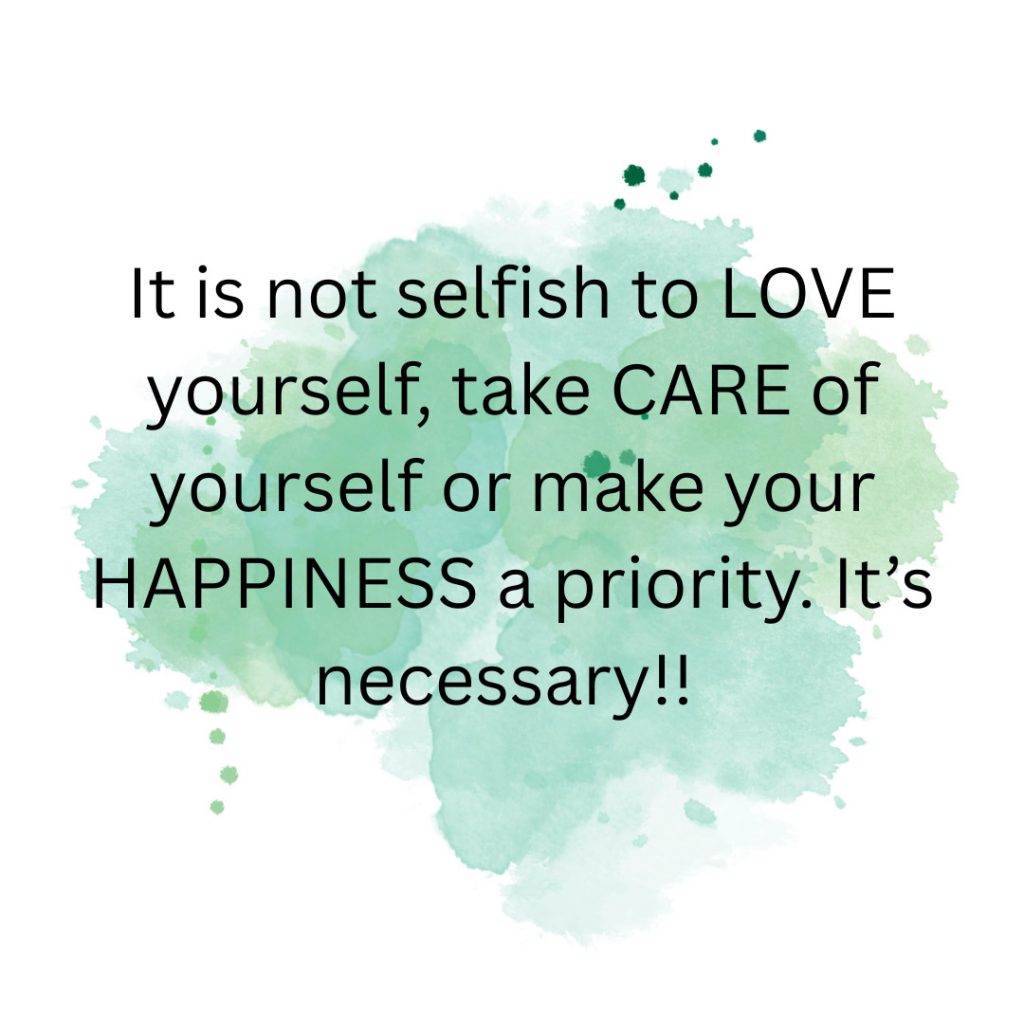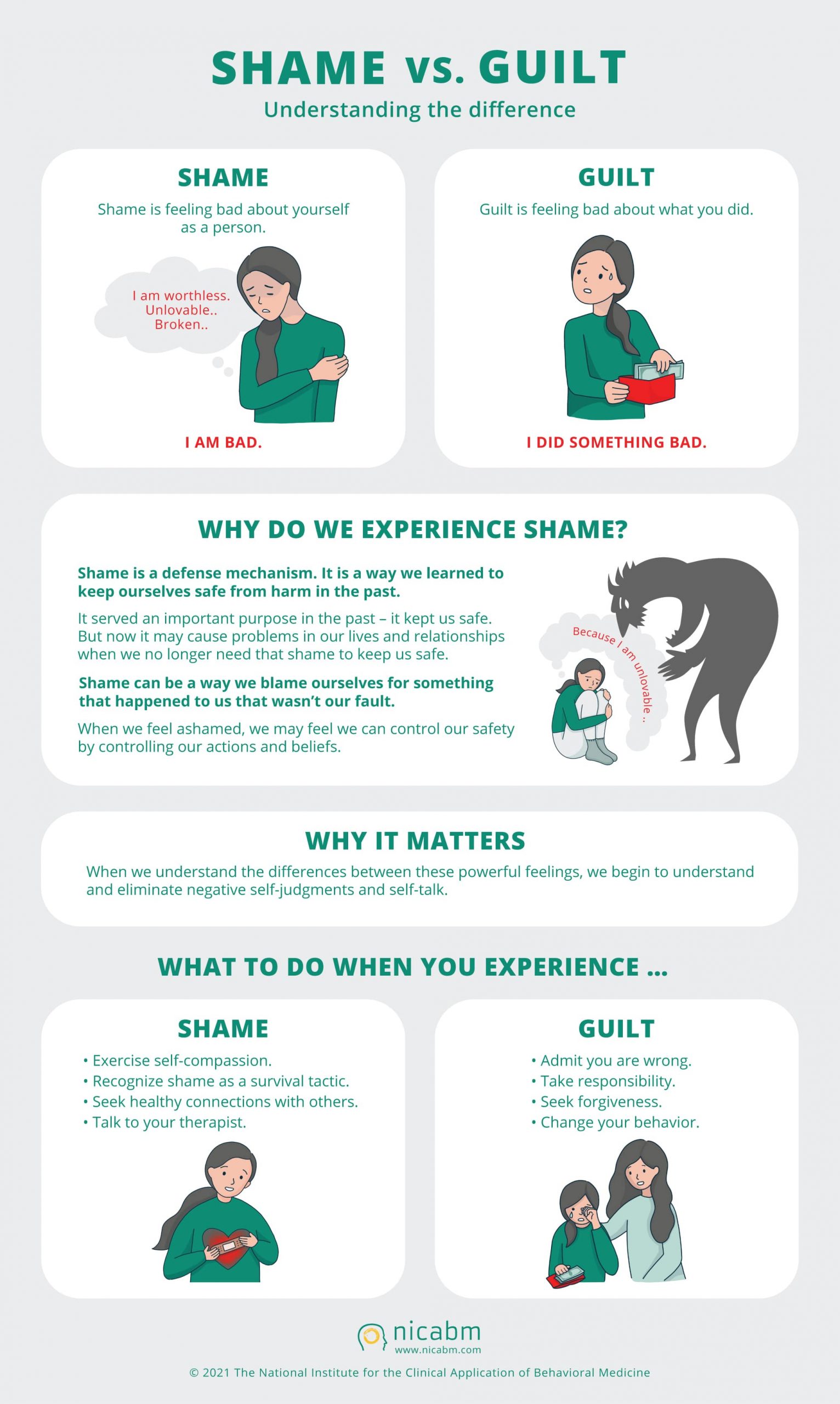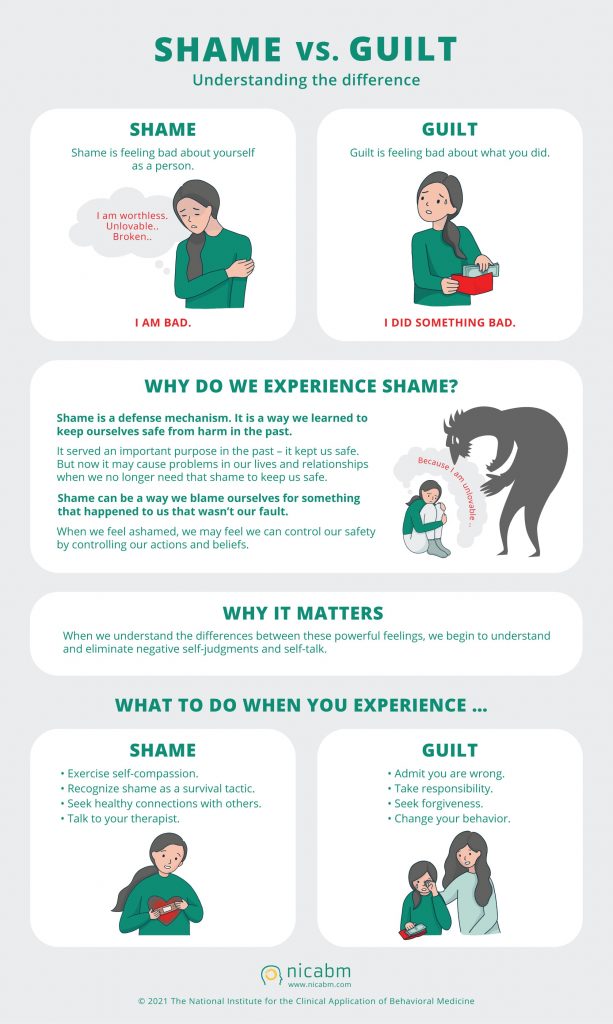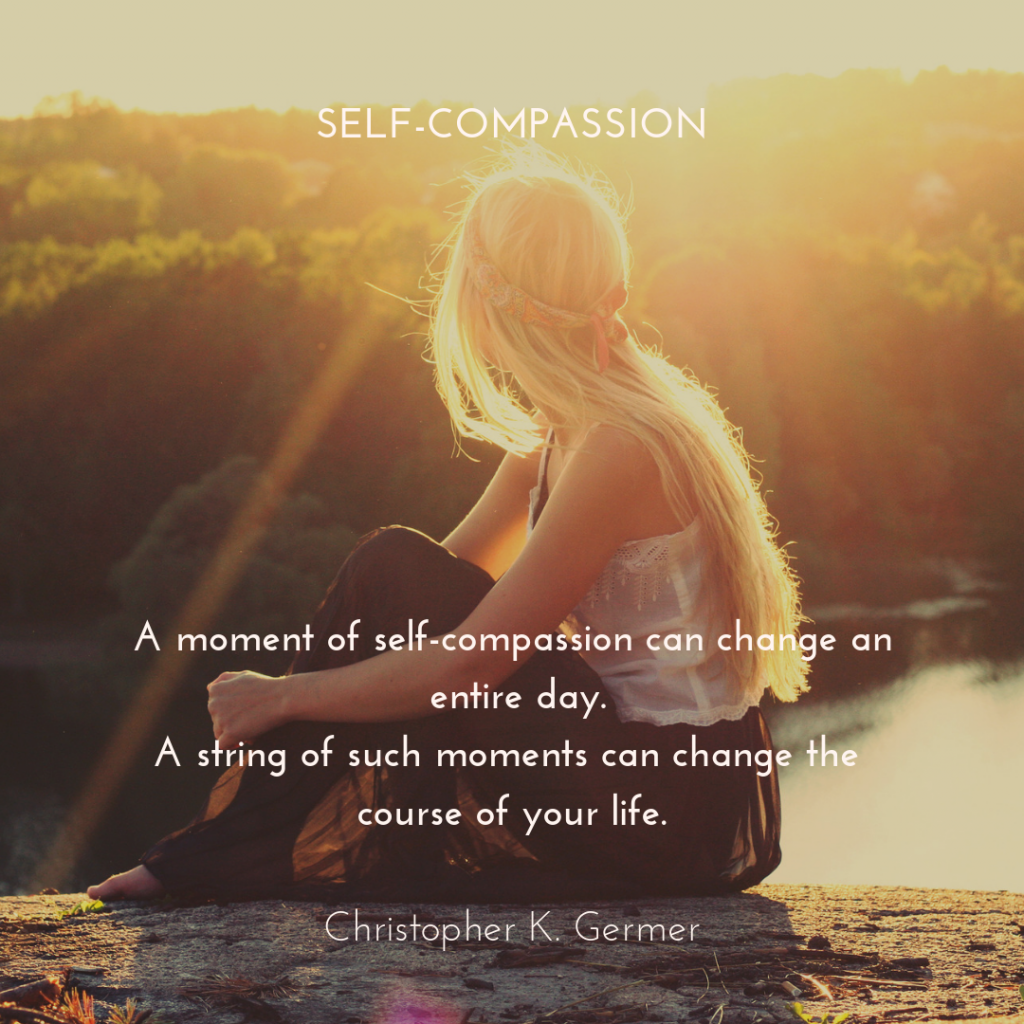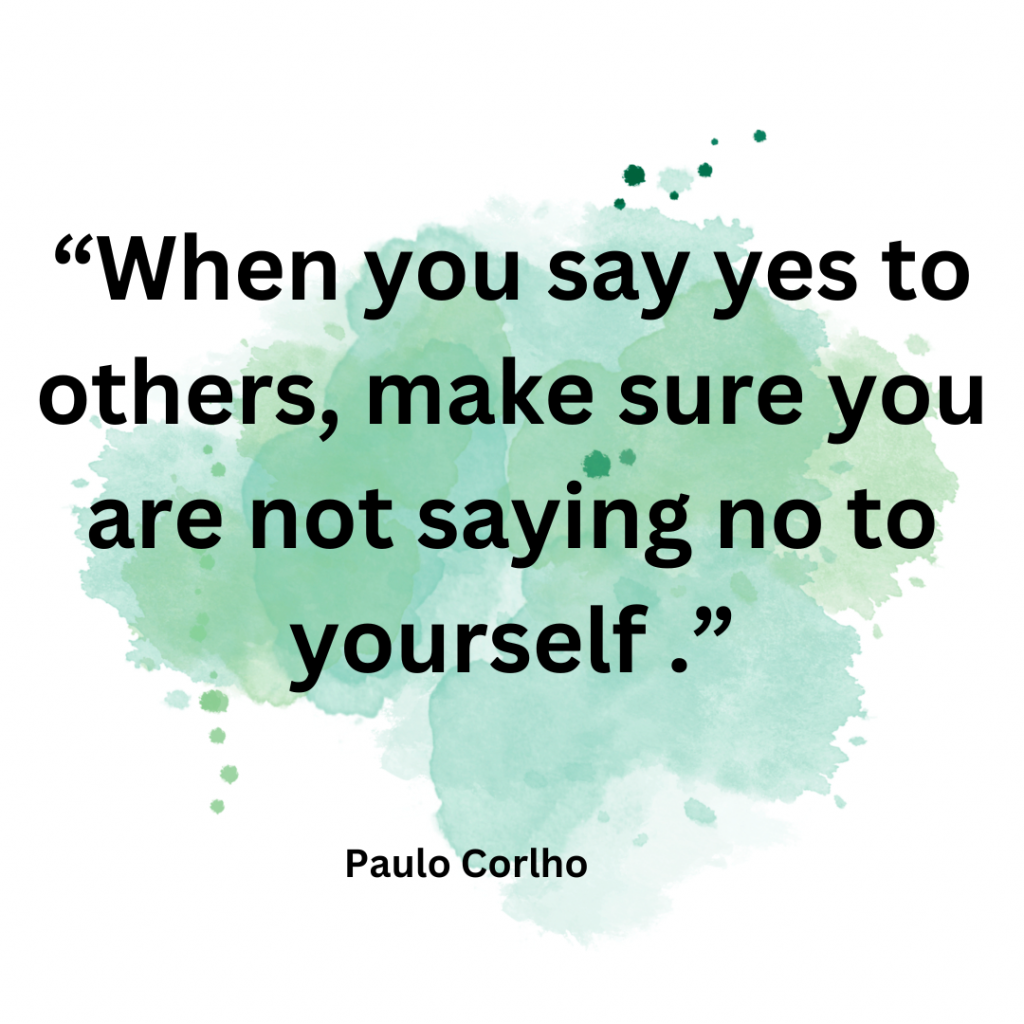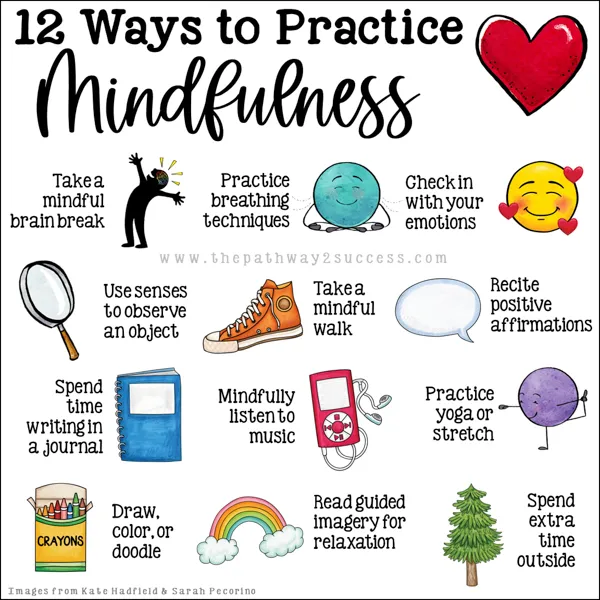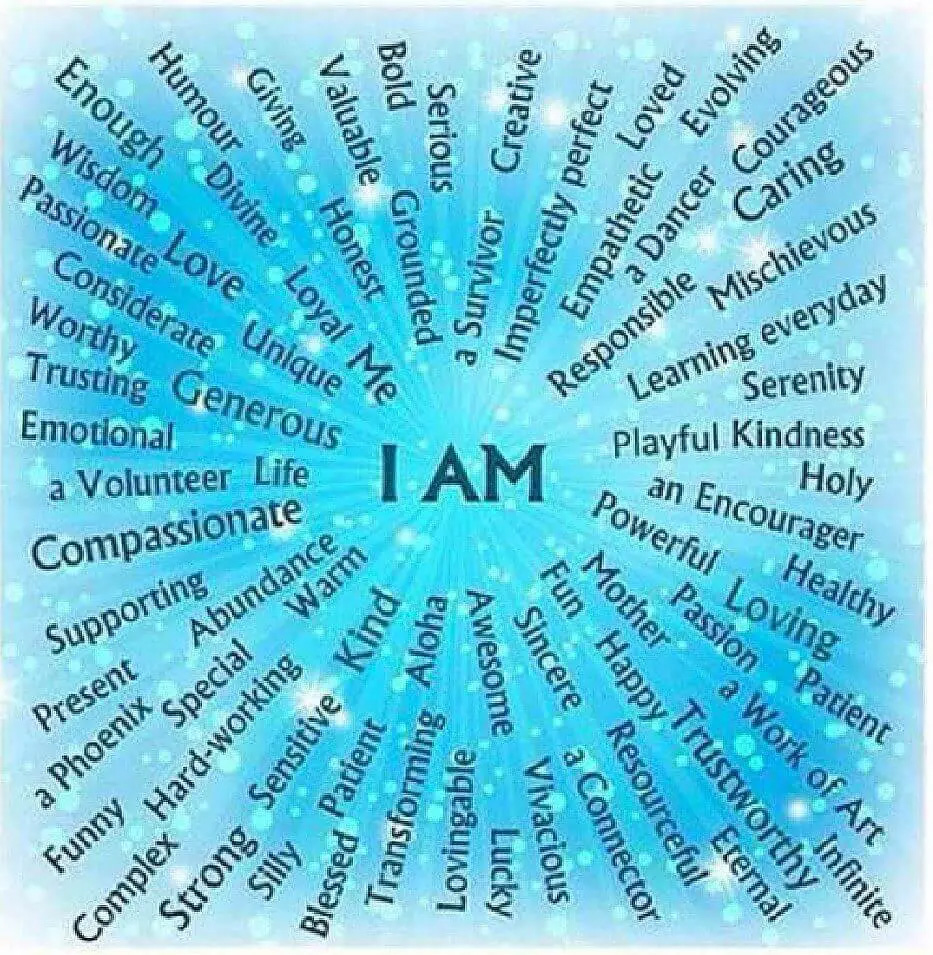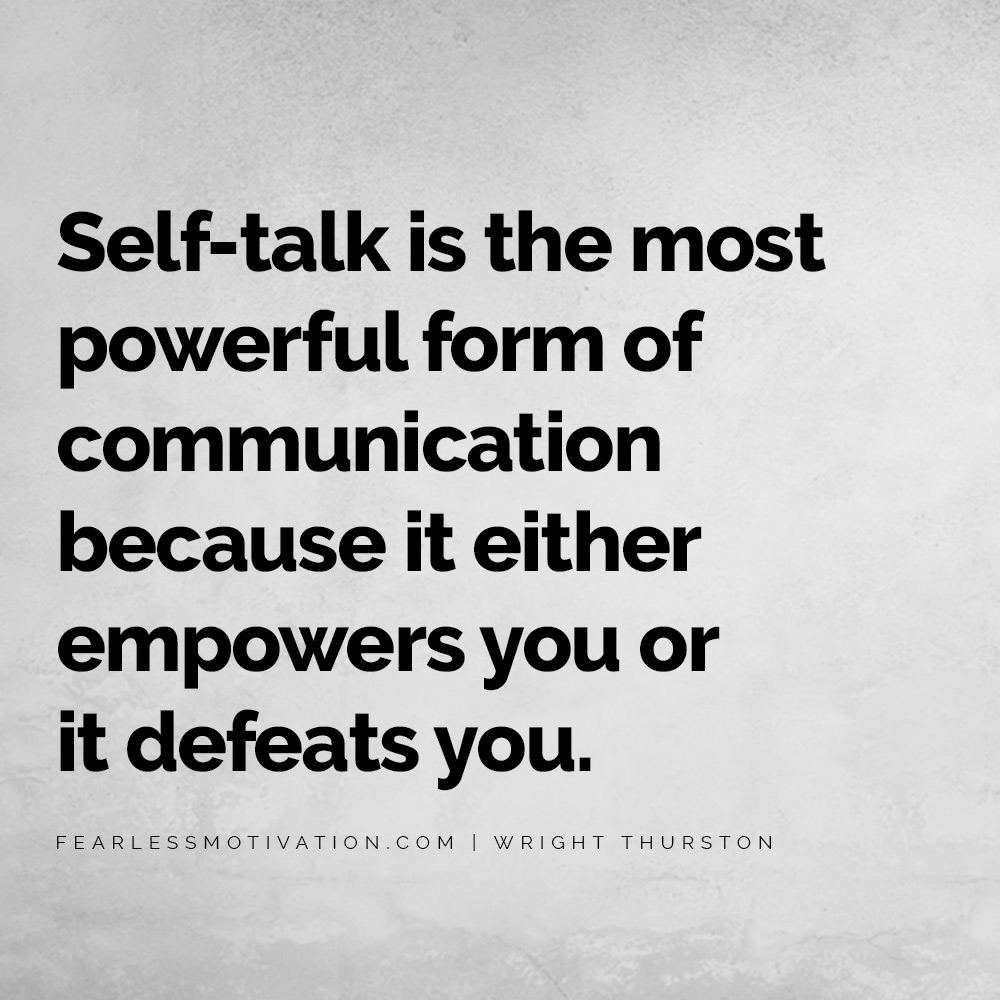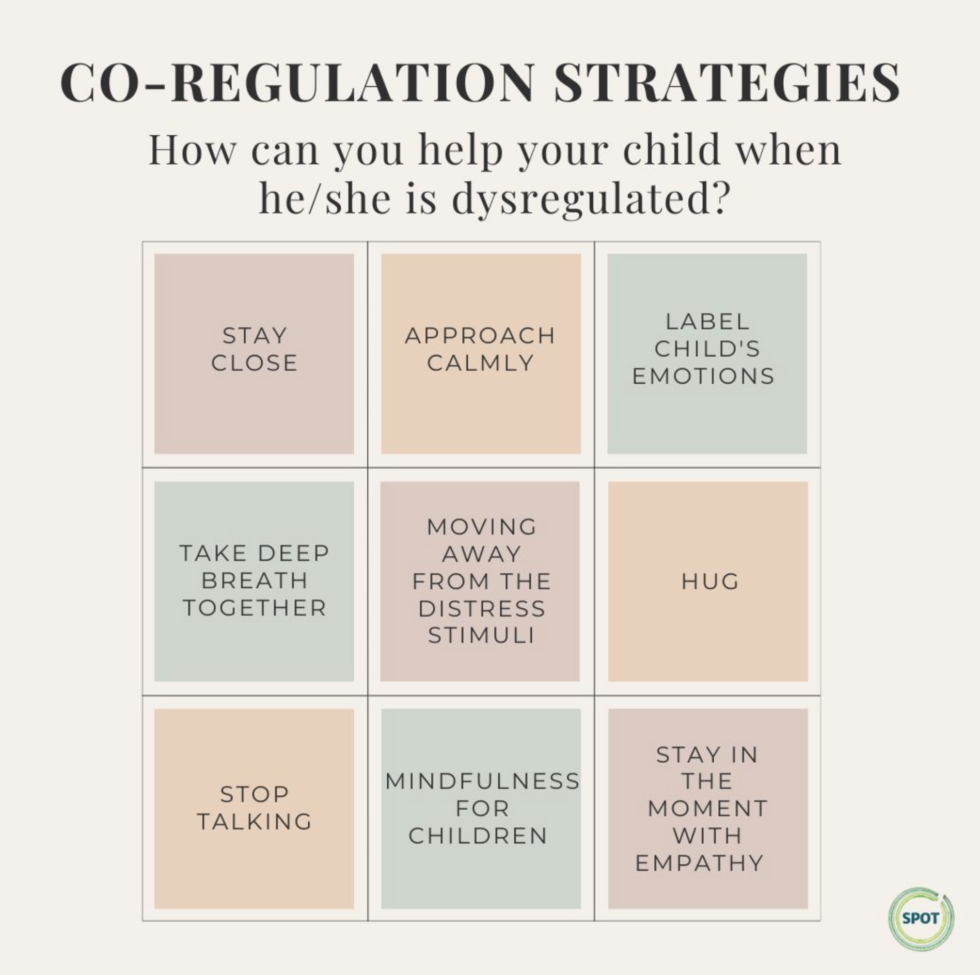
The Power of Self-Regulation and Co-Regulation in Parenting
Parenting can be one of the most rewarding experiences—and one of the most challenging. Children don’t come with a manual, and every parent has moments of feeling overwhelmed, frustrated, or unsure. In these moments, two powerful tools can transform not only how we parent but how our children grow: self-regulation and co-regulation.
What Is Self-Regulation in Parenting?
Self-regulation is our ability to manage our own emotions, thoughts, and actions, especially during stressful or triggering moments. It’s the deep breath you take before responding to a tantrum, the pause before raising your voice, the decision to speak with calm instead of frustration.
When we self-regulate as parents, we:
- Model emotional control and maturity
- Respond rather than react to our children’s behaviors
- Foster a stable, safe environment where children can thrive
Let’s face it—kids test limits. They push buttons (sometimes all of them at once). And if we’re not careful, we can find ourselves getting swept up in their storms instead of anchoring them with our calm. That’s where co-regulation comes in.
What Is Co-Regulation?
Co-regulation is the emotional dance we do with our children. It’s how we help them make sense of big feelings and learn how to calm down. Especially in early childhood, kids can’t regulate their emotions on their own. They borrow our calm. They need us to guide them through the storm.
When we co-regulate, we:
- Validate our child’s emotions (“I see you’re really upset.”)
- Offer calm presence and physical comfort
- Teach them tools to manage their feelings over time
Co-regulation is not about “fixing” emotions or making them go away. It’s about sitting with our child in the hard moment, showing them they’re not alone, and helping them feel safe enough to process what they’re feeling.
Why Both Are Essential
You can’t co-regulate if you’re dysregulated. That’s why self-regulation and co-regulation go hand in hand. When we work on calming ourselves, we’re better able to show up for our children with patience, empathy, and clarity. And when we co-regulate with them, they begin to internalize those tools, slowly learning how to manage their emotions independently.
Over time, our children begin to mirror our calm, our coping skills, and our ability to stay grounded in big feelings. This is the heart of emotional development and the foundation for lifelong emotional resilience.
Simple Practices to Build Regulation in Parenting
- Pause and breathe: Even a three-second pause can shift your response.
- Name your feelings: “I’m feeling overwhelmed right now, and I need a moment.” This models emotional awareness.
- Stay close and connected: A gentle tone, a soft touch, or simply sitting beside your child can be enough to begin co-regulation.
- Offer language for feelings: Help your child name what they’re feeling: “It looks like you’re feeling frustrated.”
- Practice self-care: Tired, burnt-out parents struggle to regulate. Rest and support are not luxuries—they’re necessary.
Parenting isn’t about being perfect. It’s about showing up, learning, and growing—alongside our children. When we commit to self-regulation, we show our kids what it means to handle life’s ups and downs with grace. When we co-regulate, we give them the tools to build emotional strength and security.
Every tantrum, every meltdown, every hard moment is a chance to connect, teach, and nurture. And in doing so, we raise not just well-behaved kids—but emotionally intelligent humans.


